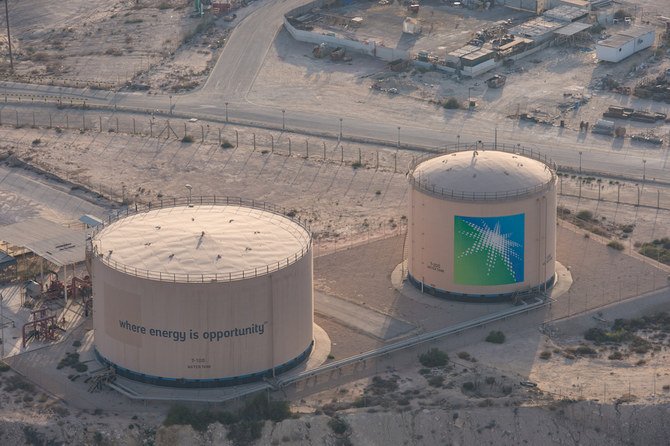
- ARAB NEWS
- 27 Apr 2024

Arab News
RIYADH: Saudi Aramco bought 2.1 billion Saudi Basic Industries (SABIC) shares on the Saudi stock market, Tadawul, on Sunday, according to a Reuters report quoting sources and market data.
The acquisition was part of a deal agreed upon in 2019 with Saudi Aramco to buy 70 percent of the petrochemical giant, sources added.
Four transactions were executed on the Saudi exchange, with SABIC’s shares worth SR259,125 billion ($69.1 billion), without naming the buyer as indicated by Tadawal data. Sources confirmed the transactions and stated they will be one of the biggest in the global chemical industry upon completion.
“The deal completion is on-track with expectations to be finalized before the end of the second quarter,” Aramco told Reuters in a statement when asked about the transactions. “We will make a completion announcement in due course.”
Sources told Reuters in May that Aramco had been looking to restructure the deal after SABIC’s market value fell more than 40 percent due to an oil price slump. Sources previously said that $10 billion in loan was raised this year by Aramco to help with the SABIC acquisition.
Sunday’s transactions suggested the deal price had not changed but it was unclear whether the structure for making payments to PIF had been revised.
Sunday’s deals were completed with prices ranging between SR123.40 and SR123.20 ($32.9-32.8) per share, similar to last year’s agreed price of SR123.39 per share with SABIC shares at SR88.50 during closing.
The shares are being sold by the Saudi sovereign fund, the Public Investment Fund (PIF), giving it more cash to invest in the government program to diversify the economy away from oil.